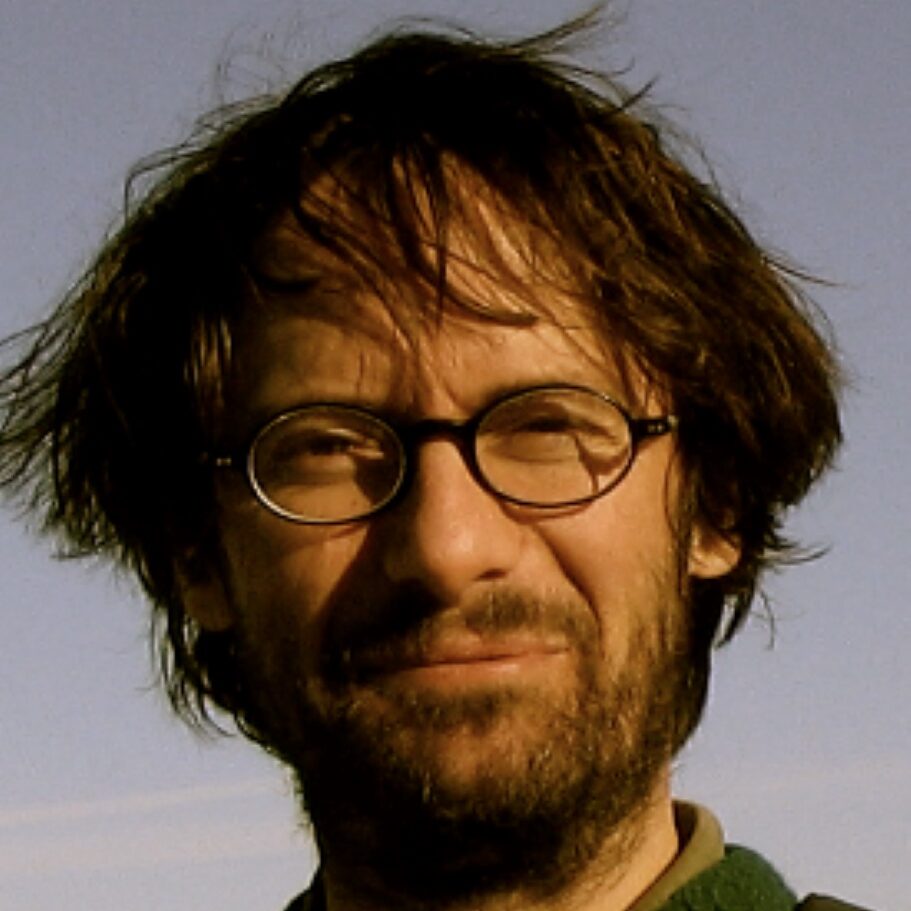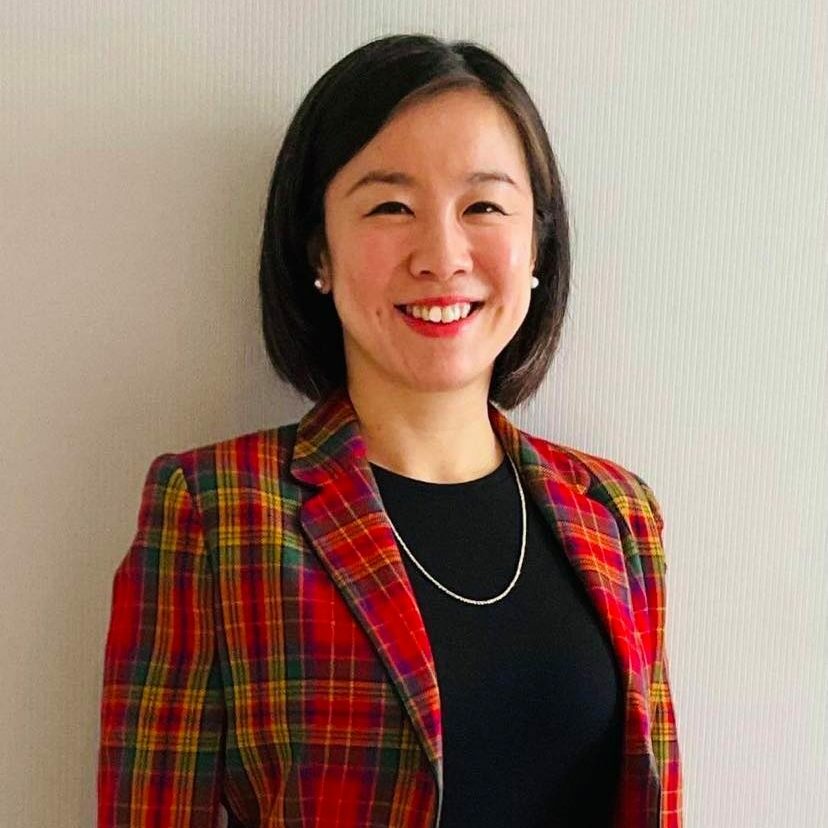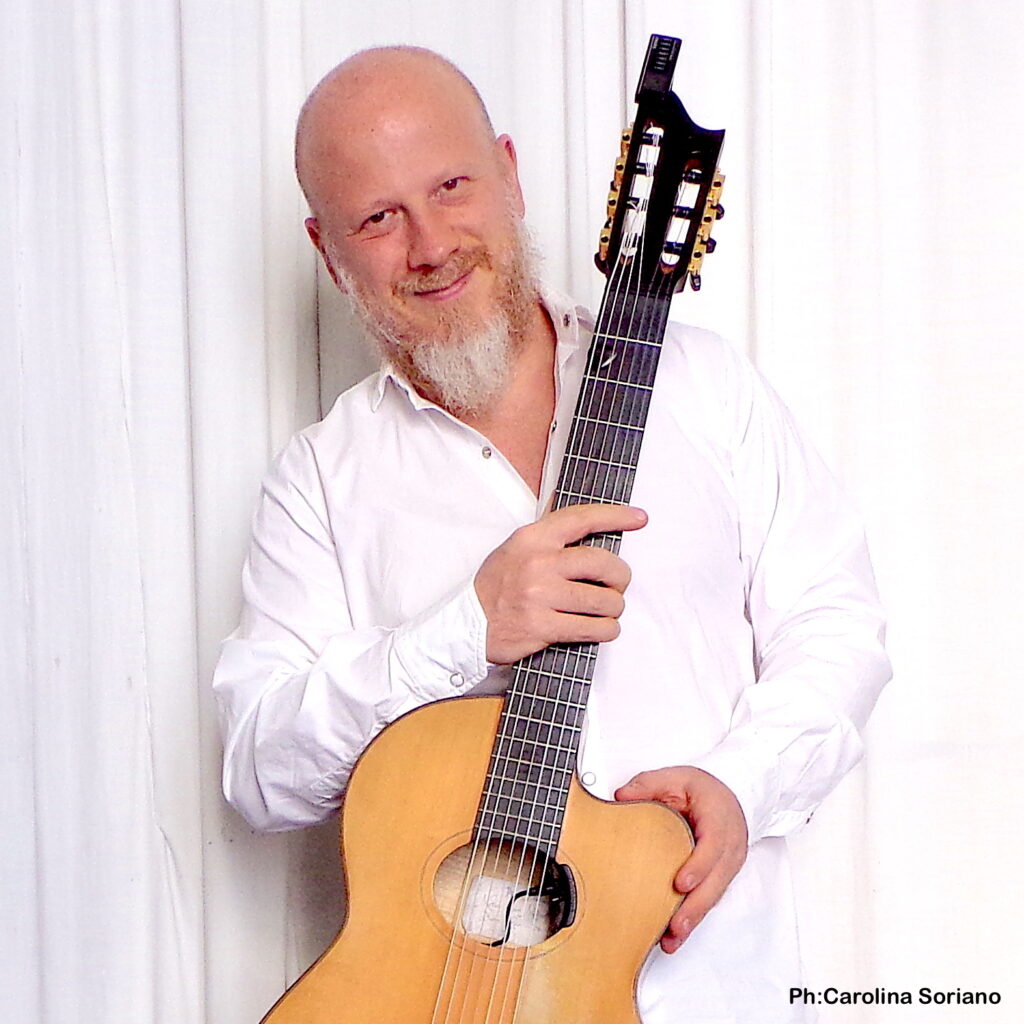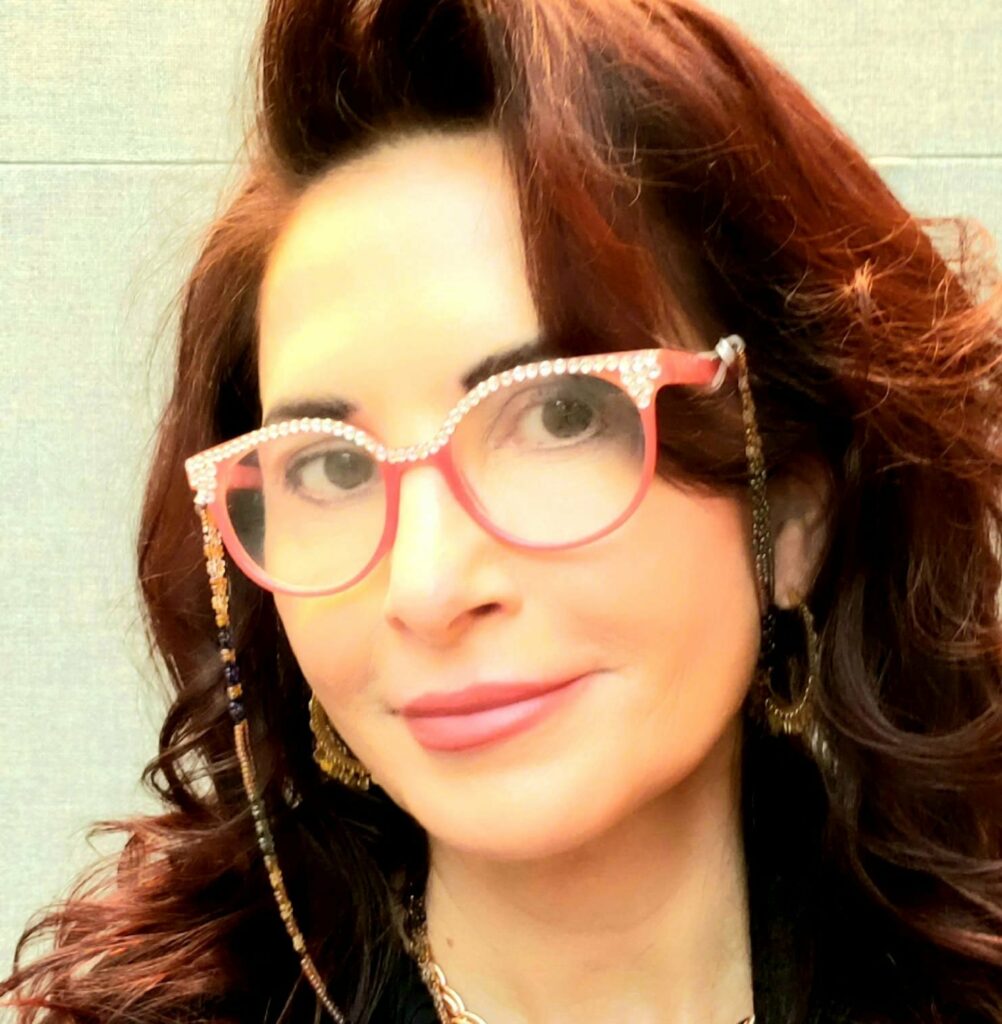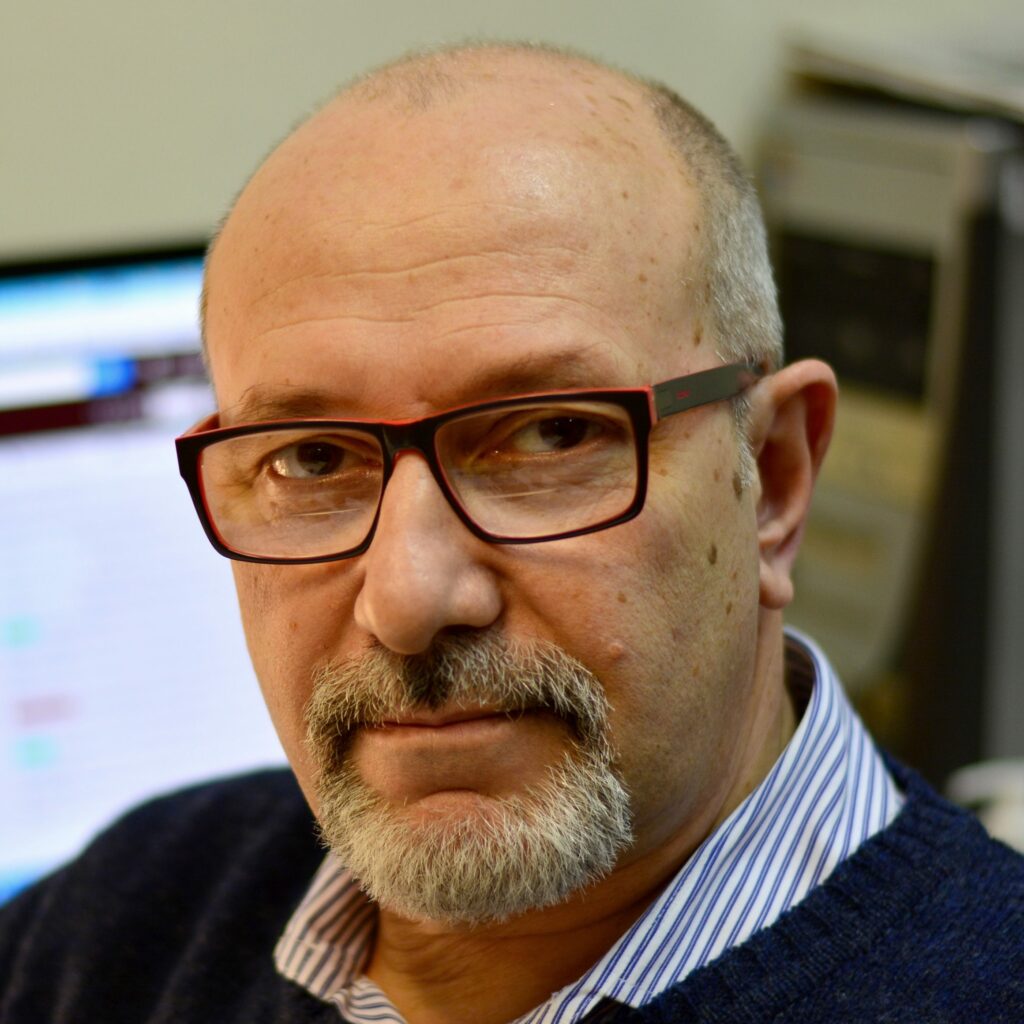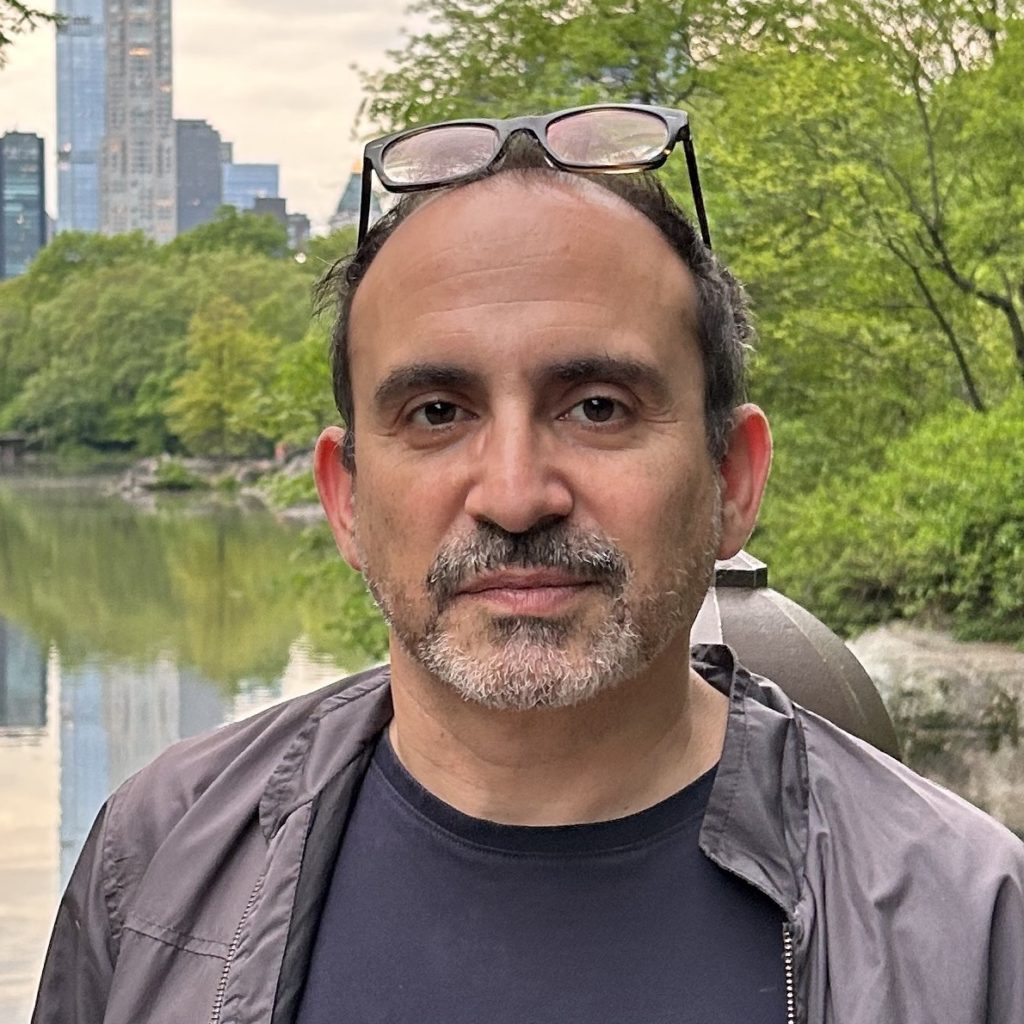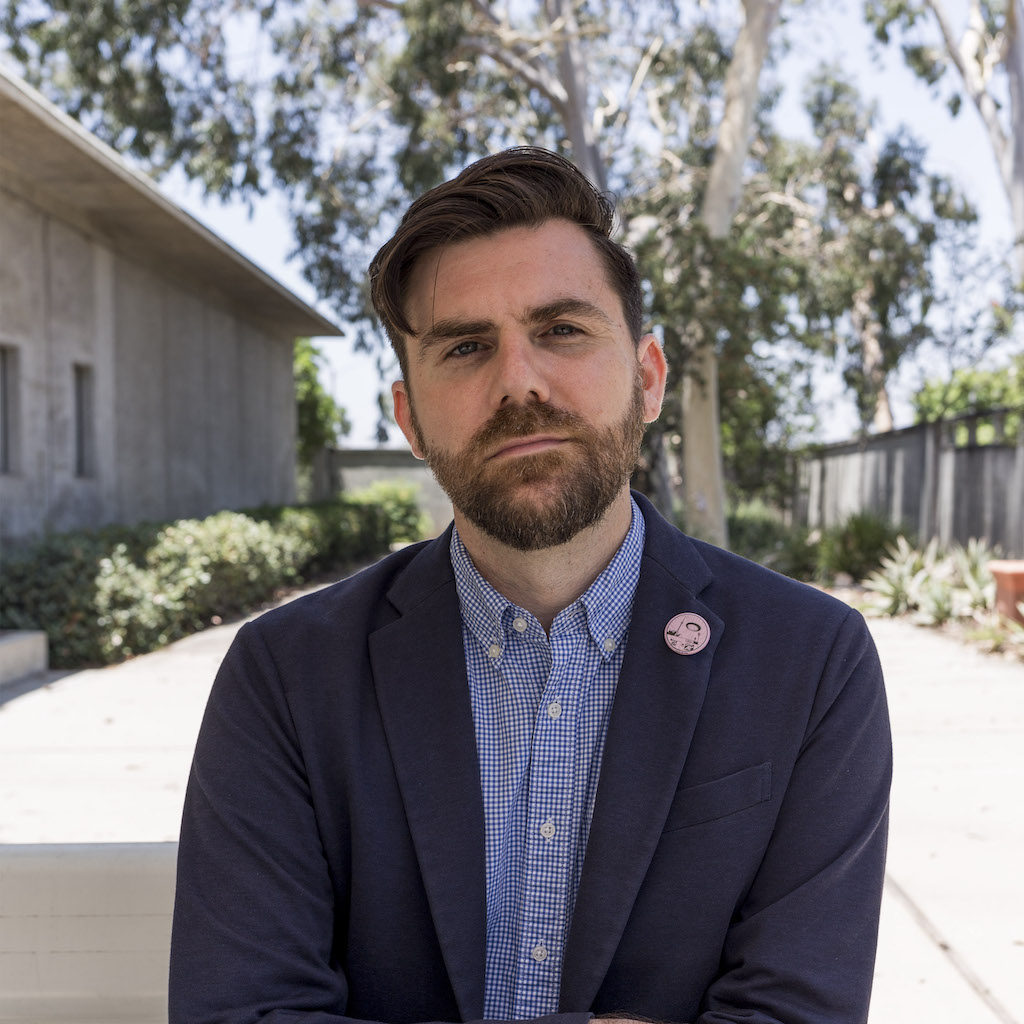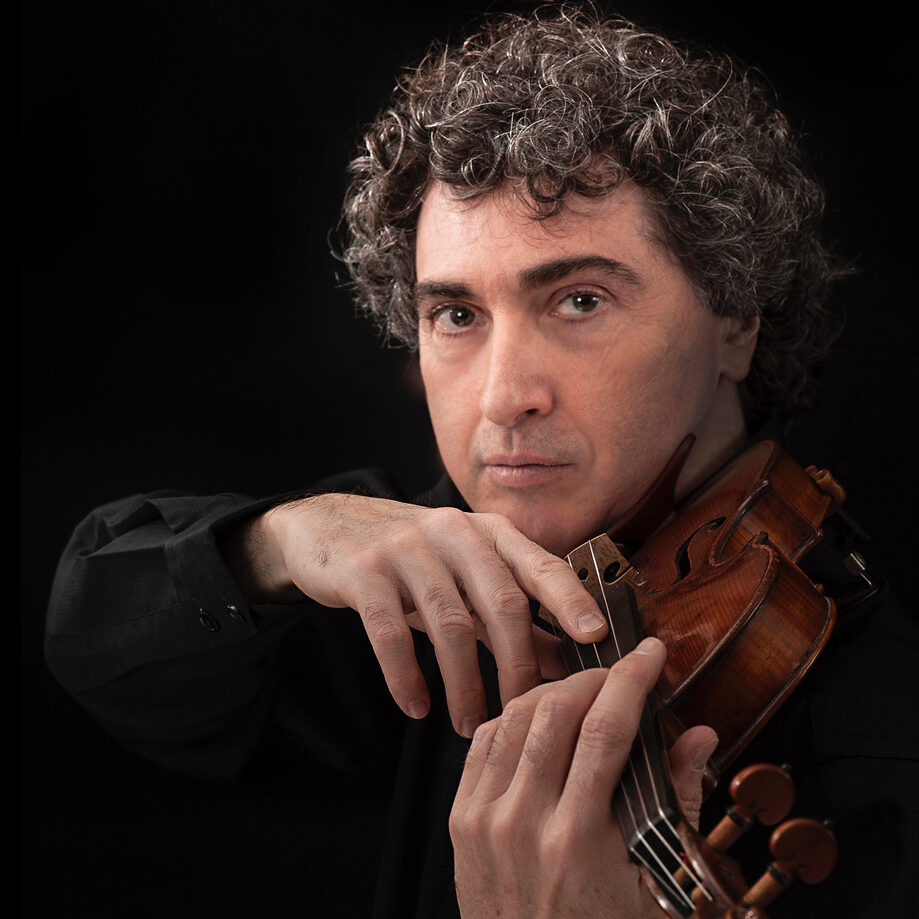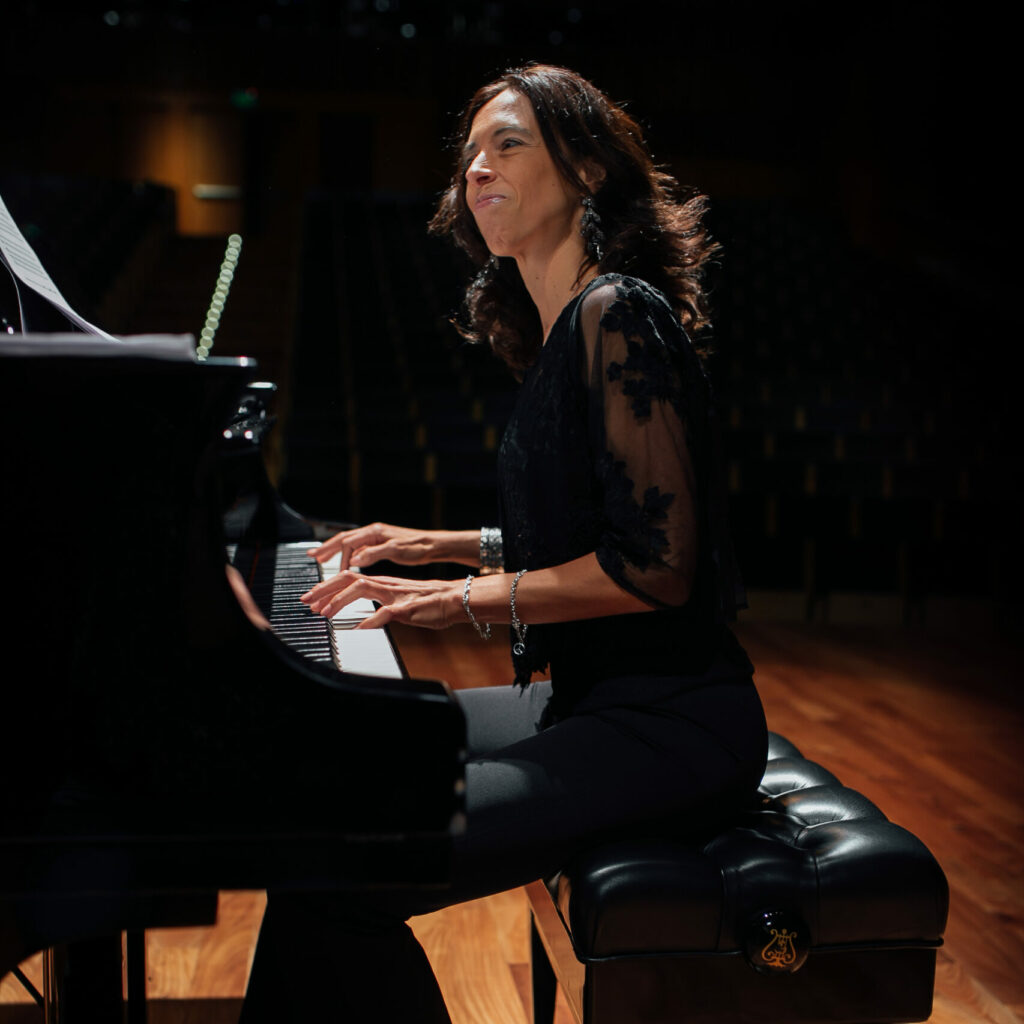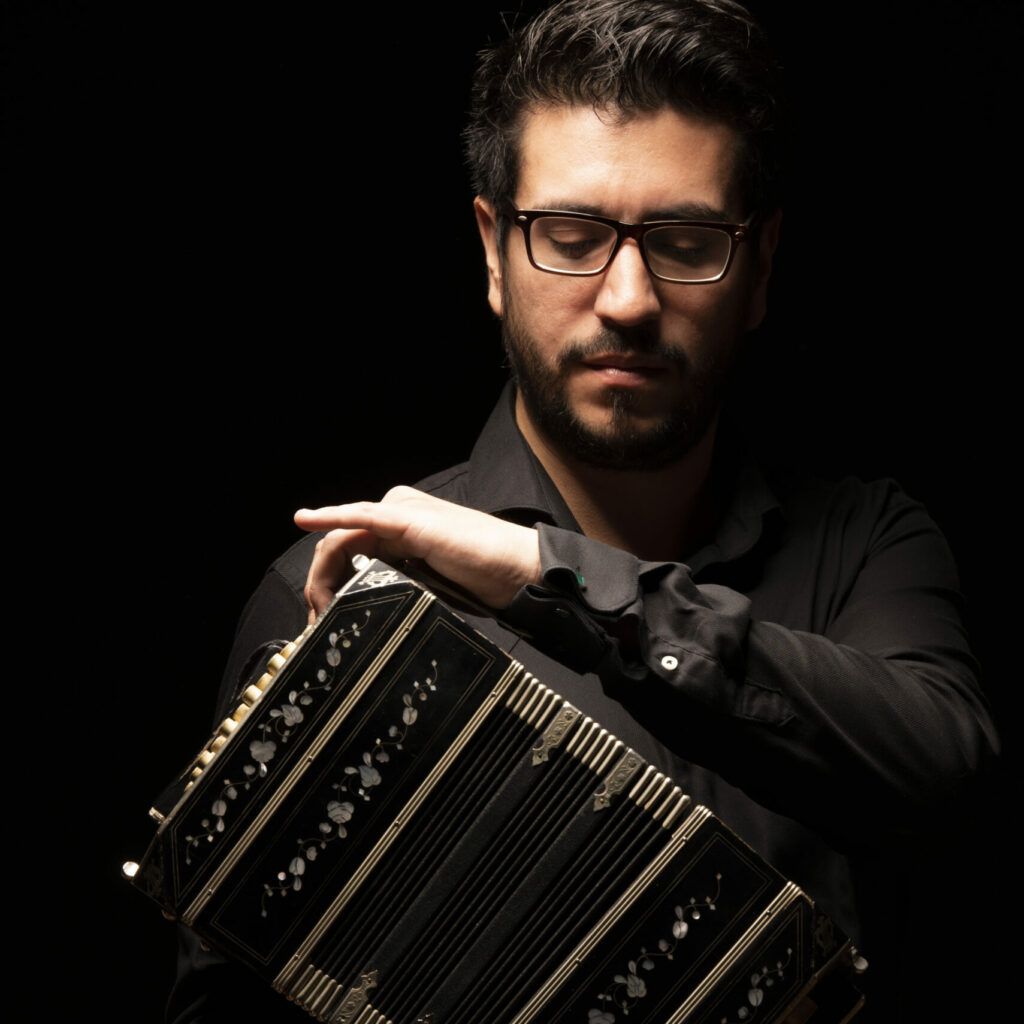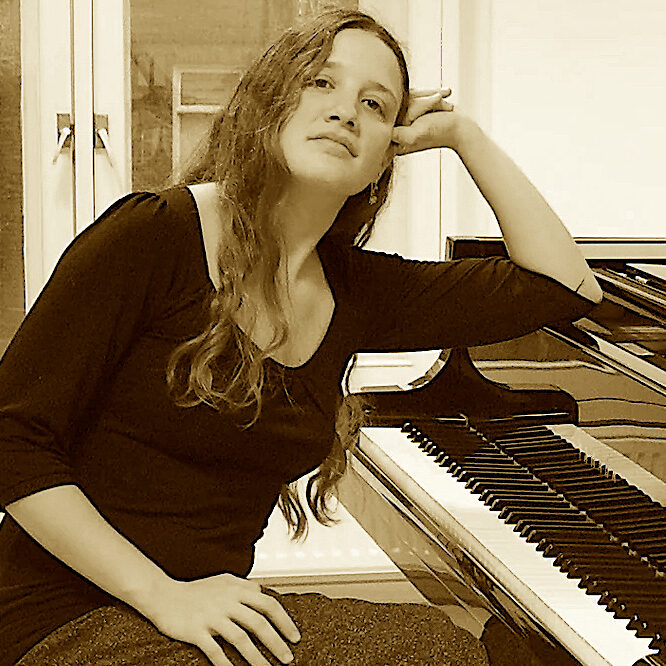
Topic Areas

New perspectives in tango scholarship reflect how gender, race, and politics impact tango and how tango reflects on them. Within this broad theme, scholars will explore how Black musicians shaped early tango, challenging the entrenched myth of Afro-Argentine “disappearance” over the course of the nineteenth century; show how gender impacts the lead/follow dynamic in the dance and how dancers embody passion; seek to understand how the tango is reflected in the political climate in Argentina through time and amid political upheaval; and analyze how race and class are reflected in tango music and dance.
Since its exportation abroad from Argentina over 100 years ago, tango has evolved into a transnational art form. Scholars will confront issues such as how tango has adapted to and been influenced by American, European, and Asian cultures; what it means to call tango a transnational art form, and how this definition is evolving; how genres typically associated with specific countries, like tango and jazz, have melded with each other; and how tango is a representation of cultural exchange and/or cultural hegemony.
Tango’s historical narrative is changing as scholars discover new archival material; its present touches on new fields of research and inquiry, and its future poses exciting possibilities for study across disciplines. These scholars will draw attention to all three of these time dimensions by exploring topics related to tango history, how it flourishes as an art form today, and new interdisciplinary approaches to understanding it for future studies.
As interdisciplinary research across humanistic, and even scientific fields, provide new understandings of tango, these scholars/practitioners seek to show various ways to embody and apply such knowledge. Presenters will explore how tango dance can be applied therapeutically and help us understand gender roles; what musical techniques and practices may provide a listener with sounds that reveal tango’s history and culture; how the performing arts, and tango in particular, impact the total human experience; and how embodying the art form may advance our understanding of culture.

